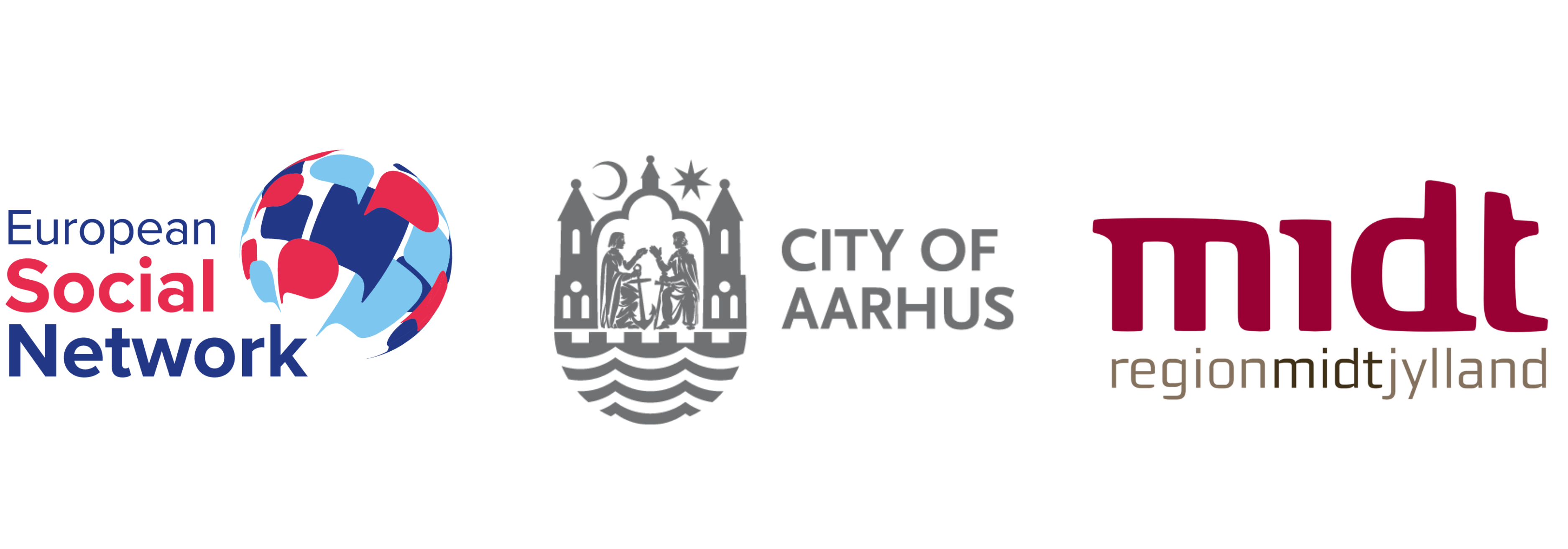An interview between Edenred and Aurélie Decker, Director, European Federation for Services to Individuals
What is EFSI?
Established in 2006, the European Federation for Services to Individuals (EFSI) represents the Personal and Household Services’ (PHS) sector at the European level. As such, PHS comprise a broad range of activities that contribute to the well-being of individuals, their families and work-life balance. First, the sector includes care-related activities to enable disabled, dependants and older people to continue to live in their own home, early childhood education and care (ECEC) and childcare. Likewise, it covers household activities (i.e., housework, ironing, gardening, small repair work, delivery of food, etc.) or tutoring. In sum, EFSI brings together the whole ecosystem of the PHS industry ranging from national associations, employers’ organisations, providers, and companies involved in the enhancement of PHS provision.
How do you see the future of PHS in Europe?
Currently PHS receive little public attention in most countries despite the fact that it employs around 10 million workers in the EU who care of millions of individuals on a daily basis. As a consequence of population ageing and women’s increased participation to the labour market, the demand for household and care services is constantly growing. To this day, it already exceeds the supply, and we estimate that 11.6 million jobs will need to be created by 2030. Despite those promising trends, the future of the sector is tied up with its ability to tackle challenges linked to workforce attractivity and retention as well as services’ accessibility and affordability for users. In this regard, a better consideration of PHS’ specificities by policymakers is fundamental for the sector to meet EU citizens’ expectations.
What are the main messages you draw from the European Care Strategy?
First of all, the European Care Strategy has the merit of acknowledging the necessity to better value all care occupations and all care workers. While this concern gained public attention during the COVID-19 pandemic, for more than ten years EFSI has been advocating for better working conditions and broader access to social protection for PHS workers as well as on fighting undeclared work. Furthermore, the Strategy put the emphasis on home care services as an alternative option for institutionalised care which is an important step forward to enable EU citizens to freely choose the type of care they want to receive. Those commitments are key, and we are very much looking forward working with the European Commission and Member States to put them into action.
How could the European Year of Skills be an opportunity for PHS workers?
As mentioned, PHS workers are often undervalued by our society, and it extends – inter alia – to a lack of recognition of their skills. Therefore, EFSI sees the 2023 European Year of Skills has a good opportunity to shed lights on PHS workers’ various technical and interpersonal skills. Furthermore, it represents a good opportunity to raise policymakers’ awareness on the numerous up-skilling and re-skilling initiatives that are implemented by PHS stakeholders either at national, sectoral or company level. Finally, we hope that this European Year of Skills will be an opportunity for EFSI to launch EU-level partnerships towards better knowledge on skills development in the personal and household services industry.

